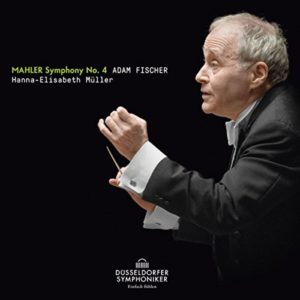Philharmonia Orchestra, Maazel, Royal Festival Hall
Lorin Maazel may well have set some kind of record here for two of the most protracted and incoherent performances in Mahler history. Even before solo violas had finished tracing out the searching opening line of the 10th Symphony Adagio it was clear that Maazel was inhabiting some parallel time zone from our own. That’s not necessarily such a bad thing in a work where timelessness is of the essence. But when all sense of direction is put on hold in a halting bar-by-bar exposition of the piece it isn’t just the musicians who begin to feel vulnerable and lost. If ever there were a need for musical sat-nav this was it.
Strange how a musician of Maazel’s enormous experience could not feel, never mind hear, how the burgeoning melody at the heart of the 10th Adagio was losing all sense of phrasal shape through his enervating slowness. The Philharmonia strings, hanging bravely on to his sticky, indecisive, beat, were hard-pushed to support and give purpose to all those exposed solo lines. Tension came and went, transitions became illogical, and the great trumpet-bisected climax made no sense at all. Maazel must have added almost ten minutes to the average running time.
And it got worse. Mahler’s valedictory song-symphony Das Lied von der Erde began from the same stance of impossible slowness and faded from hearing seemingly hours later. I have no idea if the unfortunate tenor, Stefan Vinke, initiated or contested the Klemperer-like speed for the opening song but his stiffly four-square delivery (no rapture, no word sense, no variation in colour and dynamics) was merely loud or louder with intonation horribly challenged by the high tessitura and a hectoring artery-popping strenuousness substituting for the song’s innate intoxication. It was already clear that the finer shadings and porcelain lightness of his remaining songs would not be an option.
Thank heavens for Alice Coote. She and Maazel almost parted company at several points during the performance – not least the evocation of galloping stallions at the heart of the fourth song “Of Beauty” – but she alone heard the sounds of silence, she alone carried the rapture of the piece and connected words to feeling. Her singing of the line “I seek rest for my lonely heart” in “Der Abschied” said it all, the Philharmonia’s solo clarinet eloquently picking up on the heartbreak. It was almost worth the wait.


